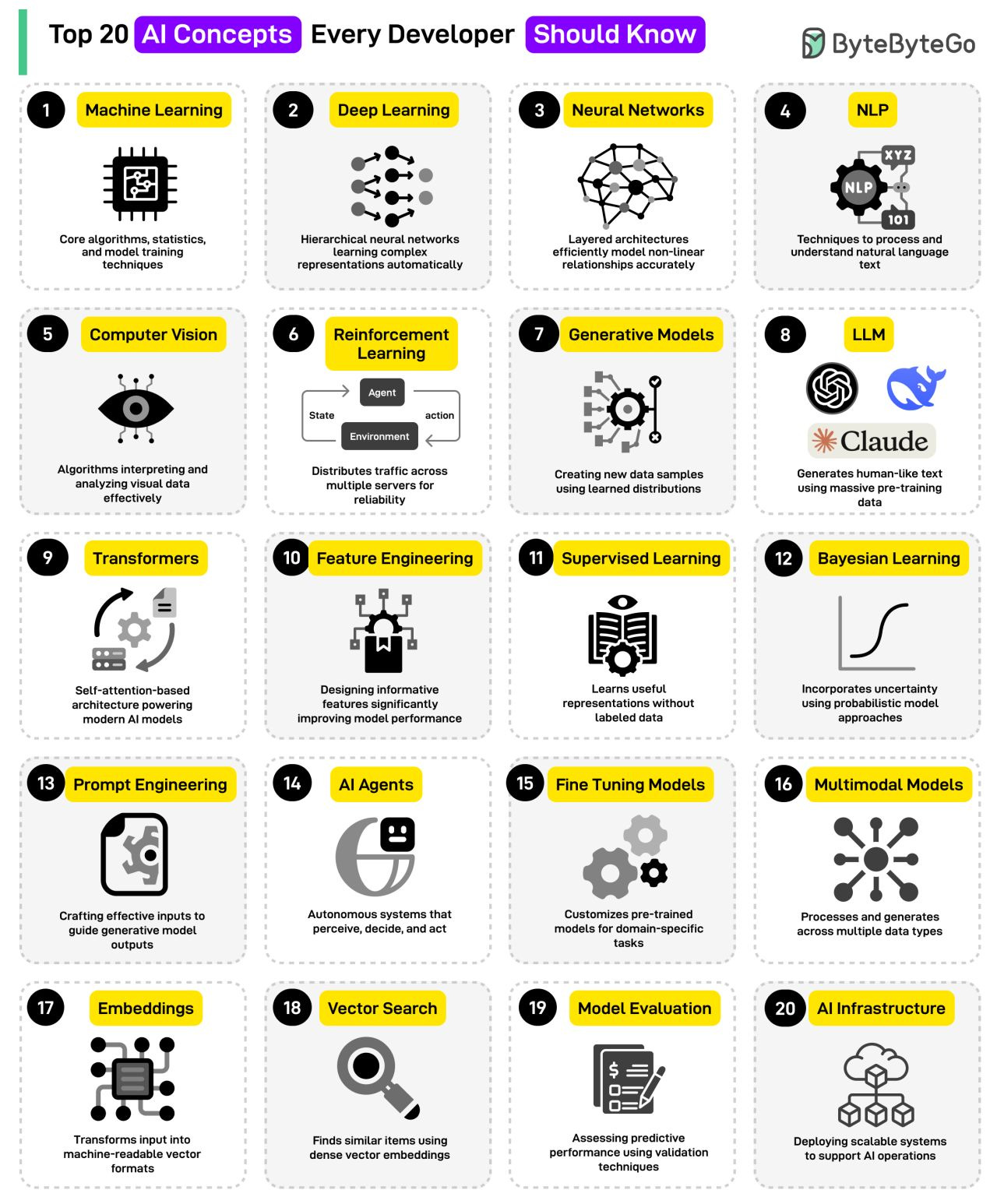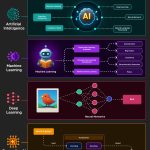AI (Artificial Intelligence) concepts encompass various techniques and ideas that aim to create machines capable of simulating human intelligence, including learning, reasoning, and problem-solving. Key concepts include machine learning, deep learning, natural language processing, and computer vision. These technologies enable AI systems to analyze data, make predictions, and automate tasks, impacting diverse fields.
Here’s a more detailed look at some key AI concepts:
1. Machine Learning: Core algorithms, statistics, and model training techniques.
2. Deep Learning: Hierarchical neural networks learning complex representations automatically.
3. Neural Networks: Layered architectures efficiently model nonlinear relationships accurately.
4. NLP: Techniques to process and understand natural language text.
5. Computer Vision: Algorithms interpreting and analyzing visual data effectively
6. Reinforcement Learning: Distributed traffic across multiple servers for reliability.
7. Generative Models: Creating new data samples using learned data.
8. LLM: Generates human-like text using massive pre-trained data.
9. Transformers: Self-attention-based architecture powering modern AI models.
10. Feature Engineering: Designing informative features to improve model performance significantly.
11. Supervised Learning: Learns useful representations without labeled data.
12. Bayesian Learning: Incorporate uncertainty using probabilistic model approaches.
13. Prompt Engineering: Crafting effective inputs to guide generative model outputs.
14. AI Agents: Autonomous systems that perceive, decide, and act.
15. Fine-Tuning Models: Customizes pre-trained models for domain-specific tasks.
16. Multimodal Models: Processes and generates across multiple data types like images, videos, and text.
17. Embeddings: Transforms input into machine-readable vector formats.
18. Vector Search: Finds similar items using dense vector embeddings.
19. Model Evaluation: Assessing predictive performance using validation techniques.
20. AI Infrastructure: Deploying scalable systems to support AI operations


